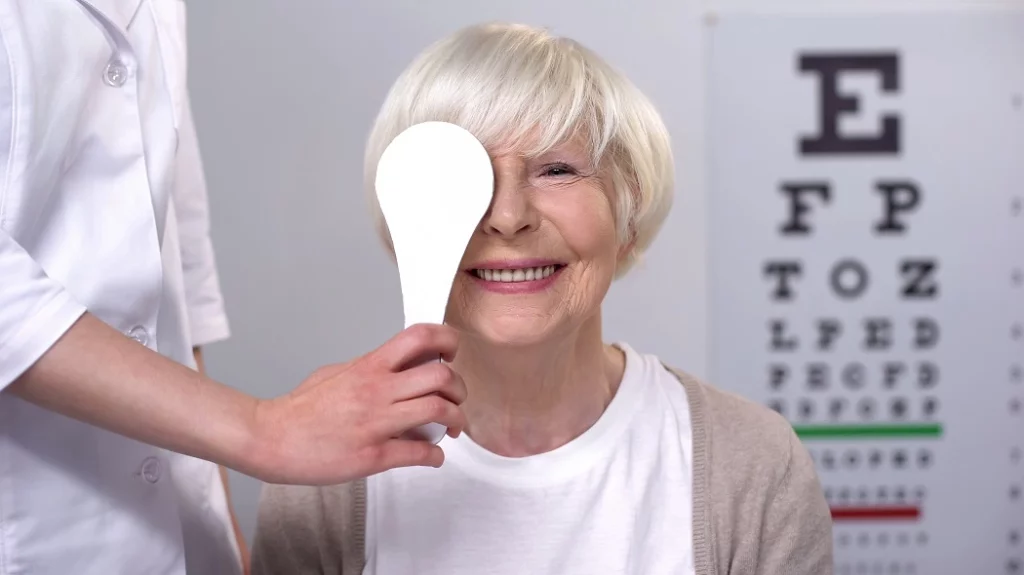Eye Health for Seniors: Why It Matters and How to Protect Your Vision
As we age, our bodies change—and so do our eyes. While some vision changes are a normal part of aging, others may signal more serious conditions that can impact a senior’s independence, safety, and quality of life.
Maintaining good eye health is essential for seniors to stay engaged, confident, and active in their daily lives. At Comfort Keepers, we’re committed to supporting overall well-being, and that includes taking care of something as vital as your vision.
Why Eye Health Is Especially Important for Seniors
Vision plays a major role in everyday activities—reading, driving, cooking, managing medications, and navigating the home safely. Poor eyesight can increase the risk of:
Falls and injuries
Medication errors
Difficulty recognizing faces or reading labels
Reduced independence and confidence
In addition, age-related eye conditions such as glaucoma, macular degeneration, cataracts, and diabetic retinopathy become more common with age. The good news? Many of these conditions can be managed—or even prevented—with early detection and proper care.
Top Eye Health Tips for Seniors
1. Get Regular Eye Exams
Why: Annual comprehensive eye exams help detect vision problems and eye diseases early—often before symptoms appear.
Tip: Seniors over 60 should see an eye doctor once a year, or more often if recommended.
2. Protect Eyes from UV Damage
Why: Long-term exposure to sunlight can increase the risk of cataracts and macular degeneration.
Tip: Wear sunglasses that block 100% of UVA and UVB rays, even on cloudy days.
3. Maintain a Healthy Diet
Why: Certain nutrients support eye health, including vitamin A, vitamin C, vitamin E, zinc, and omega-3 fatty acids.
Tip: Eat foods like leafy greens, carrots, sweet potatoes, citrus fruits, nuts, and fatty fish (like salmon).
4. Manage Chronic Conditions
Why: Health issues such as diabetes and high blood pressure can lead to vision loss if not properly controlled.
Tip: Follow your doctor’s care plan and monitor blood sugar and pressure regularly.
5. Quit Smoking
Why: Smoking increases the risk of several eye diseases, including macular degeneration and cataracts.
Tip: It’s never too late to quit—talk to your doctor about support options.
6. Keep Screens at a Comfortable Distance
Why: Too much screen time can lead to eye strain, dryness, and fatigue.
Tip: Follow the 20-20-20 rule: every 20 minutes, look at something 20 feet away for 20 seconds.
7. Improve Lighting at Home
Why: Good lighting helps reduce eye strain and lowers the risk of falls and other accidents.
Tip: Use soft, indirect lighting and install brighter bulbs where needed—especially in stairways, bathrooms, and reading areas.
When to Seek Medical Attention
Contact an eye care professional if you experience:
Sudden vision loss or blurred vision
Flashes of light or floating spots
Eye pain or pressure
Difficulty seeing at night
Prompt care can prevent minor issues from becoming major problems.
Comfort Keepers Is Here to Help
At Comfort Keepers, we support seniors in living safe, fulfilling lives—including promoting and maintaining their eye health. Whether it’s providing transportation to eye appointments, helping with medication reminders, or ensuring a well-lit and safe home environment, our caregivers are here to help.










